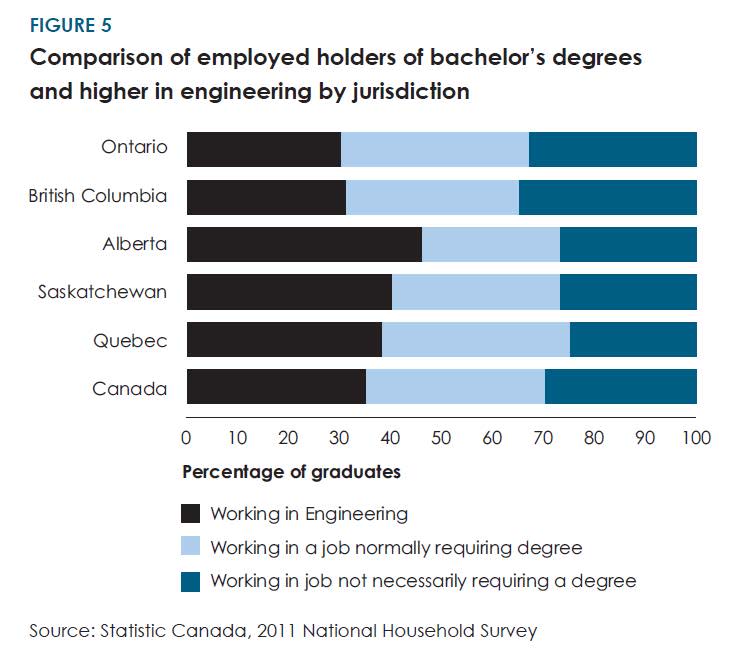jorge Paciullo
Industrial
Good day, people.
I'm about to graduate in Industrial Engineering in Brazil, but I often do researches about career and studies abroad because there are better oportunities and quality of life in other countries.
I've been recently doing some research about getting licensed in the US, Canada and UK, but information comes quite dispersed and I'm a little confused about it, so I came here to seek for some help.
How do I get my degree to be acknowledged in these countries? If I get a master degree in mechanical engineering in one of these countries, can I get a license to work as a ME, or would I have to get a bachelor degree? What else should I know about becoming licensed?
I'm not expecting to get all answers at once, but anything you can do to help me would be much appreciated!
Best regards,
Jorge
I'm about to graduate in Industrial Engineering in Brazil, but I often do researches about career and studies abroad because there are better oportunities and quality of life in other countries.
I've been recently doing some research about getting licensed in the US, Canada and UK, but information comes quite dispersed and I'm a little confused about it, so I came here to seek for some help.
How do I get my degree to be acknowledged in these countries? If I get a master degree in mechanical engineering in one of these countries, can I get a license to work as a ME, or would I have to get a bachelor degree? What else should I know about becoming licensed?
I'm not expecting to get all answers at once, but anything you can do to help me would be much appreciated!
Best regards,
Jorge

